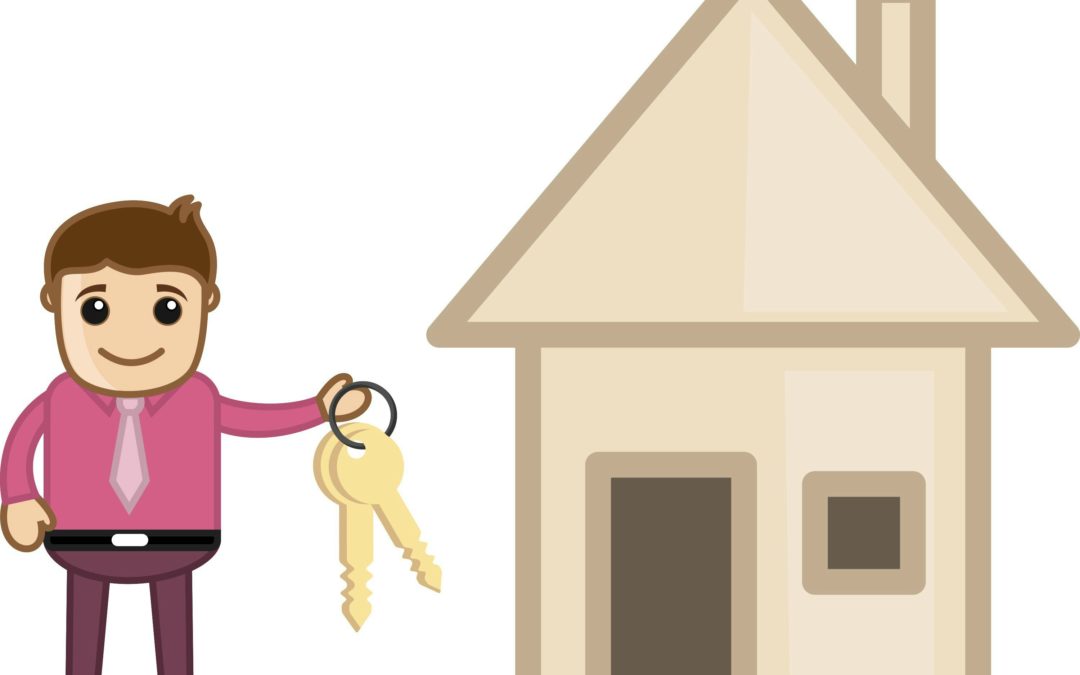Through the years I’ve noticed that many new property investors make the same mistakes when searching for their first investment property – mistakes that cost them in terms of both money and time.
The following list, although by no means exhaustive, sets out a majority of those mistakes:
1. Not knowing the fundamentals of a budding market.
Property markets don’t operate in a vacuum – they are impacted by a number of things. When you understand what drives a market you can more accurately predict those markets which will perform and those which won’t.
When you study a marketplace, look at the following six key drivers:
Population
Markets which have a growing population can often put pressure on existing supplies.
Economics
Look for a vibrant economic area – diverse range of employers, healthy employment rate, good incomes, etc.
Infrastructure
government and private industry should be investing in the local economy – building roads, homes, businesses, etc.
Supply/Demand
Is there a large glut of property which can be released or are supplies tight? Less property means higher property values due to competition.
Demographics
Gives insight into who your tenants will be. Are the majority of residents retired – or nearing retirement – or are they in their prime earning age? What are the incomes, lifestyle choices, etc. All of this information can help you choose the right investment property that will appeal to the widest number of potential tenants.
Suburb yield
An ideal yield would be in excess of 5%, however if you purchase well, you can accept a lower percentage and force value to drive up the yield.
Demographics
Gives insight into who your tenants will be. Are the majority of residents retired – or nearing retirement – or are they in their prime earning age? What are the incomes, lifestyle choices, etc. All of this information can help you choose the right investment property that will appeal to the widest number of potential tenants.
Suburb yield
An ideal yield would be in excess of 5%, however if you purchase well, you can accept a lower percentage and force value to drive up the yield.
2. Don’t look past the first property purchase
One investment property purchase will not give you financial freedom. Rather than focus all of your energies on buying that “one perfect property”, purchase according to the numbers and with an eye towards what you’ll need in terms of capital to make your next (and subsequent) purchases.
Look for properties which allow you to get a return on your deposit within six to 18 months as you’ll need the capital for the next investment property. Using strategies such as discount and renovation can get you that much needed capital sooner (through refinancing or selling) than sitting around and waiting for the market to (hopefully) give it to you in terms of property value increases.
Before committing to buying that first property – before you even scan the real estate websites – you must create a detailed plan that sets out your end goals and the steps you’ll need to take to meet them.
3. Buying purely on emotion
We Australians love property. It’s so easy to get caught up in the appeal of a certain property style, neighbourhood location, amenities, etc. and forget all about the financials, but if we’re to succeed as property investors we have to get past curb appeal and invest ONLY according to the numbers.
I learned this lesson the hard way. My emotions derailed my plans when I purchased my first investment property many years ago, as I paid full price and purchased it at the top of the market.
My mistake cost me $35,000 in hard earned money because I had to sell – I couldn’t afford to wait for the cycle to come round again! So I sold it and moved on. It’s a lesson I’ve never forgotten, so do yourself a favour and learn from my hard knocks – let the numbers decide if it’s a “go” or a “no”!
4. Underestimating the cost of investing
When you buy an investment property you’ve got more to consider than just the purchase price.
Some of the factors beginning investors might forget to include when calculating the viability of an investment property are:
- Stamp duty
- Legal fees
- Land tax
- Building and pest inspections
- Ongoing costs such as property management, periods of vacancy and investment property upkeep and maintenance
5. Not having the right loan structure
Many beginning investors are so worried about finding a good investment property they fail to consider what kind of loan structure would serve their interests best.
Your loan type will depend, in great part, on where you’re at on your property investing journey and what your goals are.
For example, as a beginning property investor you’re probably short on cash. Obviously, you’ll want the money you do have to stretch as far as possible so you’ll try to get the highest LVR the banks will lend.
Which of course will help to keep more money in your pocket which you can use towards another investment property or to build up your existing buffers.
6. No savings, budget or buffer 
Lenders want to see that you can save and while each have requirements that may differ, the bottom line is that without some savings of your own, you can expect to be turned down or pay higher costs.
A budget is at the core of your financial life. Without one, you’ll be lost as to what you can or cannot afford and you’ll often find that things get missed (e.g. forgotten bill). These kinds of errors can reflect negatively on your credit, impacting your ability to borrow and/or costing you in terms of higher fees and rates.
Once you know what comes in and what goes out, you’ll be in a better position to design your property investment plan. Remember to allow for generous buffers – using an offset account to maximise your returns – and be diligent in your maintenance of all costings.
7. Skipping due diligence
While you can – and certainly should – consider the advice of experts, at the end of the day you – and you alone – are responsible for exercising due diligence.
There is no substitute for due diligence. If you understand the market drivers and synergies of a marketplace you’ll know what to look for. Obtain data straight from the source (e.g. ATO, ABS, district and council websites, etc), from local papers, property magazines and from data providers such as Todd, Heron & White, RPData and Residex to name a few.
Assuming you’ve narrowed down your search to a particular suburb or suburbs, create a file on your computer or if you prefer – on paper – for each property you are considering. Do this after you’ve compared the estimated cash on cash return of each property, eliminating those properties which will tie up your deposit for too long.
Begin organising all of your information and placing it in a central location so that you can have a clear image of what a potential investment property can deliver.
8. Hiring the first solicitor, broker, and/or accountant they speak with
Not all solicitors, brokers or accountants are familiar with the nuances involved with property investing. Execute as much due diligence finding qualified, knowledgeable advisors and providers as you do when 
9. Not getting an accountant to do their taxes
Look for professionals who own properties themselves and have experience with all of the financial and tax issues surrounding property investing.
A qualified accountant can help you with:
- Advice about buying structures
- Strategies to maintain serviceability
- Reducing tax losses and maximising gains
- Family asset planning and distributions
- Planning for future tax issues
10. Impatience
Property investing is not a get rich quick scheme; it requires patience, persistence and a willingness to do the hard work up front so that you can reap the benefits later.
I’ve seen many individuals get burnt out after a short time investing because they failed to appreciate the long term mindset that’s required as an investor.
When we try to take shortcuts or risks, we often impair our ability to succeed and soon give up, thinking that property investing is just too hard.
It takes a bit of persistence and resilience to continue investing after a poor investment choice, but many of our clients have done just that. Their tenacity to create wealth overtook any frustration or grief they experienced and pushed them to build portfolios that are delivering the returns they need to reach their goals!
If you’re an Investor beginner and need guidance to start building your portfolio, I strongly advise you to join our next FREE seminar for more golden advices.







